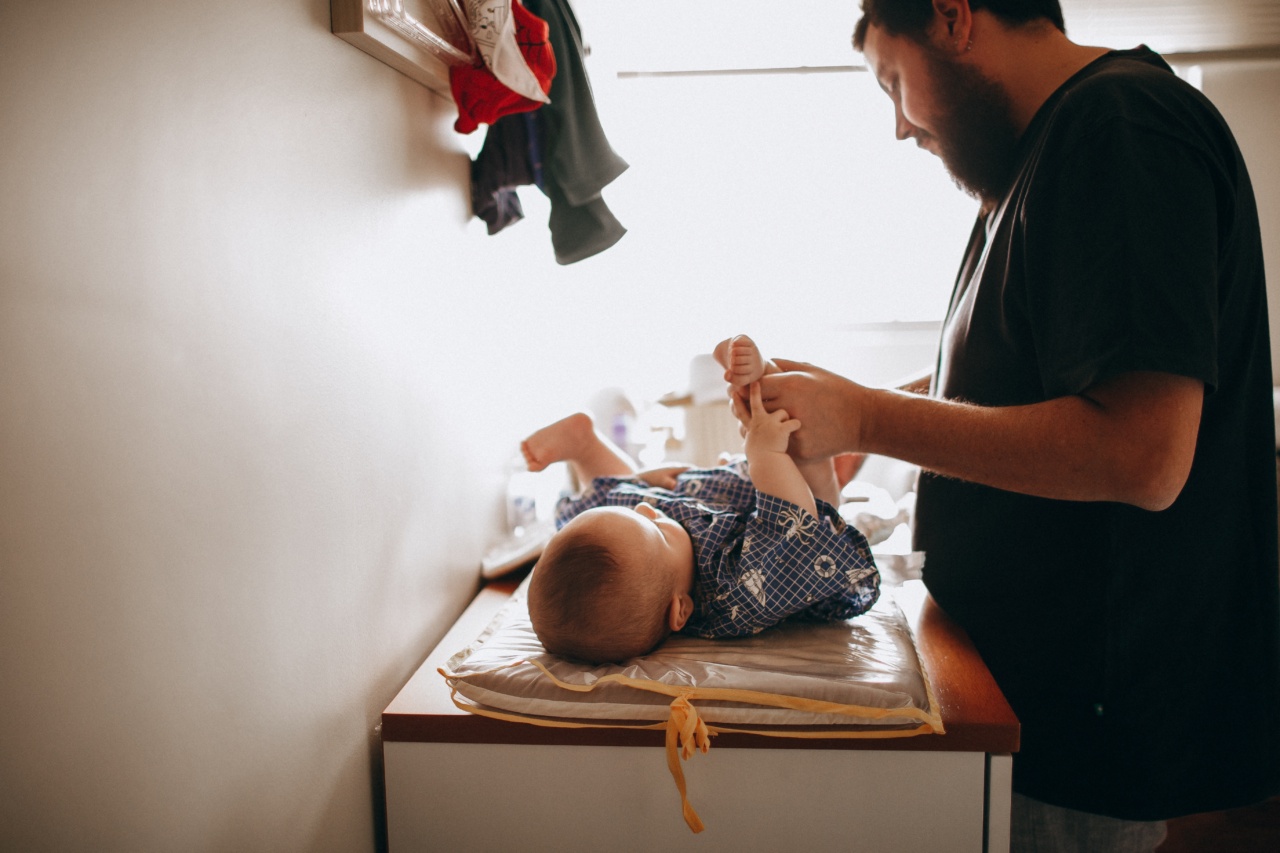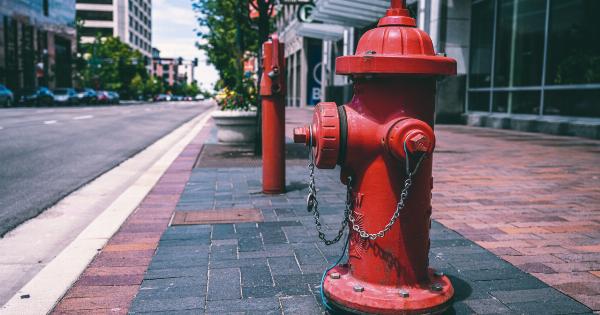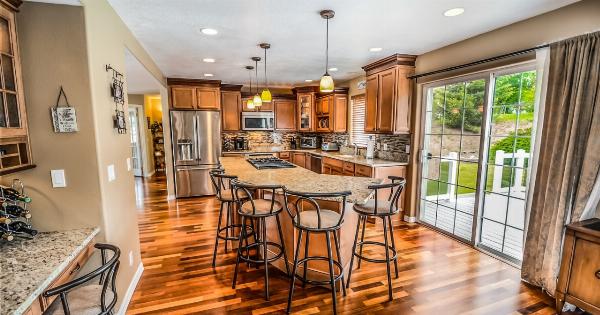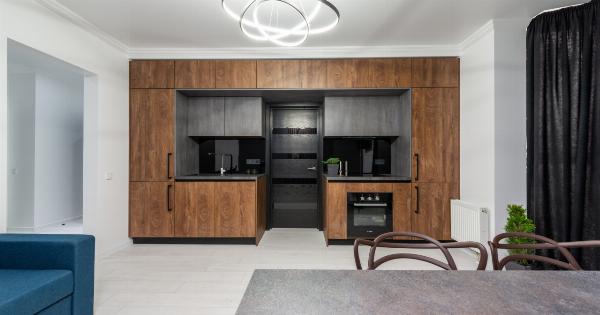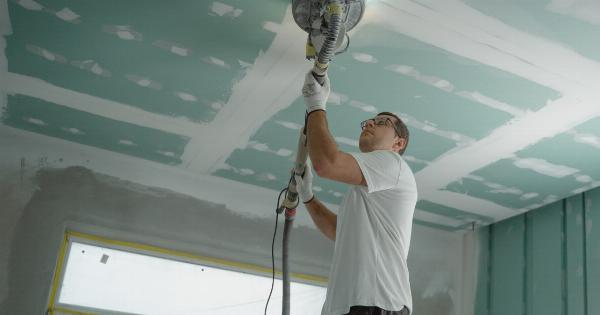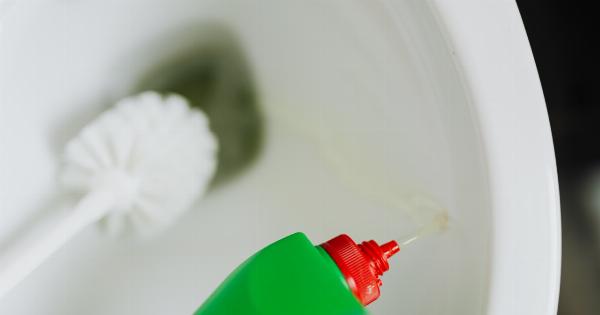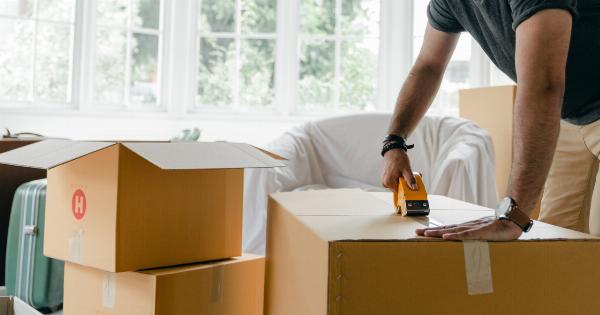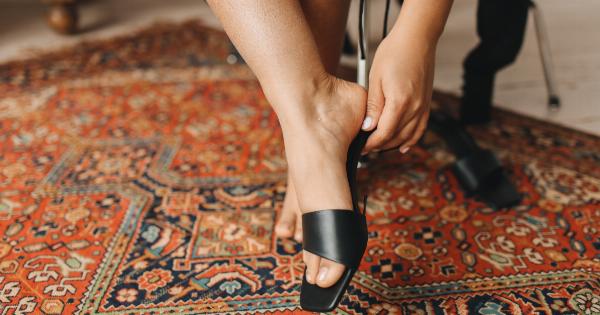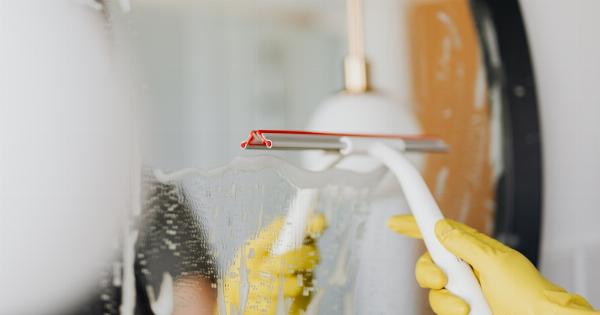Keeping your home safe and secure is a top priority for any homeowner. While we often focus on protecting our property from thieves or natural disasters, it’s important not to overlook the potential dangers that can arise within our own homes.
By regularly conducting a thorough safety check, you can ensure that your home is a safe haven for you and your family. Here are seven essential home safety checks that you should conduct on a regular basis.
1. Test Your Smoke and Carbon Monoxide Detectors
Smoke and carbon monoxide detectors are crucial for early detection and warning in the event of a fire or gas leak. It’s important to test these devices at least once a month and replace batteries twice a year.
Make sure that detectors are installed in every bedroom, hallway, and level of your home for maximum safety.
2. Check Your Fire Extinguishers
A fire extinguisher can be a lifesaver in the event of a small fire. Make sure you have one on each level of your home and in the kitchen. Check the pressure gauge regularly to ensure it is fully charged and ready for use.
If the gauge shows it is no longer pressurized, replace the extinguisher immediately.
3. Inspect Electrical Cords and Outlets
Electrical fires can be caused by damaged cords and faulty outlets. Regularly check your cords for signs of wear or fraying and replace any damaged ones immediately.
Test your outlets with a circuit tester to ensure they are working correctly and have no loose connections.
4. Secure Your Windows and Doors
Properly securing windows and doors is essential for keeping your home safe from burglars. Check that all windows and doors have sturdy locks, and consider installing additional security measures such as deadbolts or window security film.
Make sure that sliding doors have a rod or bar in the track to prevent them from being forced open.
5. Maintain Good Lighting
A well-lit home is a deterrent to potential burglars and can also help prevent accidents. Check all exterior lights to ensure they are in working order and replace any burnt-out bulbs.
Consider installing motion sensor lights near entry points for added security.
6. Clear Clutter and Trip Hazards
Cluttered walkways and trip hazards can lead to falls and injuries. Keep your home tidy and free from obstacles that could cause accidents.
Secure loose carpets or rugs with non-slip mats and ensure that stairs are well-maintained and have handrails on both sides.
7. Create an Emergency Plan
Having an emergency plan in place can save valuable time and potentially lives in the event of a disaster. Discuss with your family what to do in case of a fire, burglary, or other emergencies.
Make sure everyone knows the location of emergency exits, how to contact emergency services, and where to meet outside if evacuation is necessary.
In conclusion
Regularly conducting these seven home safety checks can go a long way in protecting your life and the lives of your loved ones.
By taking the time to ensure that your home is safe and secure, you can have peace of mind knowing that you have done everything you can to prevent accidents and emergencies.
